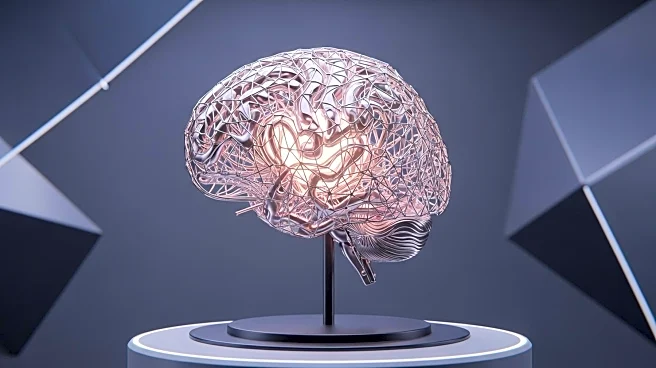What is the story about?
What's Happening?
A recent neuroscience study conducted by MIT researchers Dr. Jennifer Corbett and Dr. Jaap Munneke explores the cognitive implications of gamers' preferences for inverted camera controls. The study, prompted by a 2020 article, surveyed hundreds of participants to understand the neurological basis of this preference. Findings suggest that individuals who prefer inverted controls may process visual and spatial information differently, rotating shapes in their minds more slowly but with greater accuracy.
Why It's Important?
This study provides insights into how cognitive processing affects user interface preferences, which could have implications beyond gaming. Understanding these preferences can inform the design of control technologies in various fields, such as medical surgery, where precision and user experience are critical. The research highlights the importance of tailoring interfaces to individual cognitive styles, potentially improving safety and efficiency in technology use.
Beyond the Headlines
The study underscores the complexity of human cognition and its impact on technology interaction. It suggests that personal gaming habits may be influenced by deeper cognitive processes, challenging assumptions about user preferences. This research could pave the way for more personalized technology interfaces, enhancing user experience across different sectors.
















